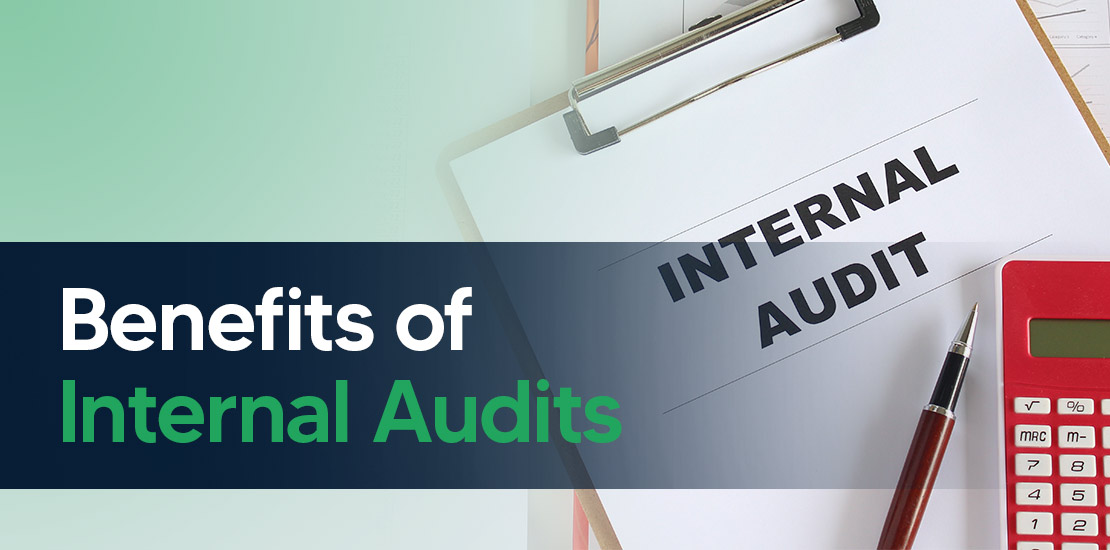Managing your business finances the right way is key to staying on top of things, especially in a place like the UAE, where rules around taxes and record-keeping are quite strict. Many people often mix up bookkeeping and accounting, but they actually play very different roles in your business. Bookkeeping is all about keeping track of day-to-day transactions, while accounting helps you understand the bigger picture and make smart financial decisions.
In the UAE, knowing the difference isn’t just helpful, it’s necessary. With VAT, corporate tax, and regular audits now part of doing business here, proper financial records can save you from hefty fines and help your company grow with confidence.
What is Bookkeeping in the UAE?
Bookkeeping is the process of recording all your business’s financial transactions in an organised and consistent way. Think of it as the foundation of your company’s financial system, it keeps everything in order so you can understand where your money is coming from and where it’s going.
Purpose of Bookkeeping
The main goal of bookkeeping is to maintain a clear and accurate record of every financial activity your business carries out. This helps in:
- Monitoring cash flow
- Tracking income and expenses
- Ensuring all transactions are properly documented
- Preparing for tax filing and audits
- Making smarter financial decisions based on real data
Proper bookkeeping in the UAE is especially important because businesses must comply with regulations set by the Federal Tax Authority (FTA), including VAT filings and record-keeping requirements.
Core Functions of Bookkeeping
Some of the key tasks that fall under bookkeeping include:
- Recording daily sales and purchases
- Managing receipts, invoices, and payments
- Reconciling bank statements
- Organising ledgers and journals
- Preparing basic financial reports (e.g., cash flow statement)
Popular Bookkeeping Tools in the UAE
Thanks to modern software, bookkeeping is much easier and more accurate than ever before. Many businesses in the UAE use tools like:
- Zoho Books: UAE VAT-compliant, great for small to mid-sized businesses
- QuickBooks: Widely used globally, with features tailored for UAE tax rules
- Tally ERP: Popular among traditional businesses for inventory and transaction tracking
- Xero: Cloud-based, easy-to-use platform, especially for startups
What is Accounting?
Accounting goes beyond just recording numbers, it’s about understanding what those numbers mean. While bookkeeping focuses on tracking daily transactions, accounting is all about analysing that information to help businesses make better decisions.
Accounting turns raw financial data into useful insights. Business owners, investors, and managers rely on accounting reports to understand how the business is performing and to plan for the future.
Key Responsibilities of Accounting
Accounting involves several important tasks that help a business stay financially sound and legally compliant:
1. Analysing and Interpreting Financial Data
Accountants review and make sense of data collected through bookkeeping to identify trends, spot issues, and guide future actions.
2. Preparing Financial Statements
These include:
- Income Statement (Profit & Loss)
- Balance Sheet (gives a snapshot of your assets, liabilities, and equity)
- Cash Flow Statement (shows how cash moves in and out of your business)
3. Budgeting and Forecasting
Accountants help you plan future budgets and predict cash needs, helping you avoid shortfalls and stay on track financially.
4. Ensuring Tax and Regulatory Compliance
In the UAE, accountants ensure your business follows regulations related to:
- Value Added Tax (VAT)
- Corporate Tax (introduced in June 2023)
- Annual audits and record-keeping rules set by the FTA
Most businesses in the UAE follow International Financial Reporting Standards (IFRS), especially if they are in free zones, listed companies, or dealing with international clients. These standards ensure consistency and transparency, which are essential for financial reporting, audits, and attracting investors.
Key Differences Between Bookkeeping and Accounting in the UAE
To better understand how these two financial functions support your business, here’s a quick comparison of the key differences between bookkeeping and accounting in the UAE:
| Aspect | Bookkeeping | Accounting |
|---|---|---|
| Definition | Recording daily financial transactions | Analyzing, interpreting, and summarizing financial data |
| Purpose | Maintain accurate and organized records | Provide financial insights and support decision-making |
| Main Activities | Data entry, managing ledgers, recording payments/receipts | Preparing financial statements, budgeting, forecasting, compliance checks |
| Complexity | Relatively straightforward | More complex and analytical |
| Output | Journals, ledgers, trial balance | Income statement, balance sheet, cash flow statement |
| Skills Required | Basic knowledge of finance and bookkeeping tools | Professional expertise, understanding of accounting principles |
| Tools Commonly Used | Zoho Books, QuickBooks, Tally, Excel | ERP systems, financial analysis tools (e.g., SAP, Oracle) |
| Regulatory Relevance (UAE) | Supports VAT record-keeping and audit readiness | Ensures compliance with UAE VAT & Corporate Tax regulations |
| Decision-Making Role | Limited (administrative) | High (strategic planning, financial decisions) |
Why Bookkeeping & Accounting Matter in the UAE
Understanding the roles of bookkeeping and accounting isn’t just good practice, it’s essential for running a successful business in the UAE. With strict financial regulations and tax requirements, maintaining proper records is no longer optional, it’s mandatory.
1. Compliance with UAE VAT Regulations
Since the introduction of Value Added Tax (VAT) in 2018, all businesses in the UAE that meet the required threshold must register for VAT and maintain detailed records of their transactions. Bookkeeping helps capture every invoice, receipt, and payment, while accounting ensures VAT returns are accurate and submitted on time, helping you avoid fines from the Federal Tax Authority (FTA).
2. Corporate Tax Implementation
As of June 2023, the UAE has introduced a 9% Corporate Tax on business profits above AED 375,000. This makes proper accounting and financial reporting more important than ever. Accurate financial statements are now necessary not only for tax filing, but also to prove your taxable income if audited.
3. Accurate Financial Reporting & Auditing
The UAE requires businesses to maintain financial records for at least five years, and many free zones demand annual audits. Both bookkeeping and accounting work hand in hand to ensure your books are clean, your reports are ready, and your business passes any audit with confidence.
4. Business Growth, Funding & Investor Confidence
Clear financial reports build credibility. Whether you’re applying for a business loan, attracting investors, or scaling operations, having well-maintained books and detailed financial statements shows you run a reliable and transparent operation. This boosts investor trust and opens doors for future growth.
Accounting and Bookkeeping Services in the UAE
For many businesses in the UAE, especially startups and small to mid-sized companies, managing bookkeeping and accounting in-house can be time-consuming and overwhelming. That’s where outsourcing becomes a smart move.
Outsourcing your bookkeeping and accounting tasks to a trusted firm saves time, reduces costs, and ensures accuracy. You get access to qualified professionals who understand UAE regulations, VAT compliance, and corporate tax requirements, without the need to hire a full-time team.
At Shuraa Tax, we offer both accounting and bookkeeping services in UAE under one roof, making it easier for businesses to stay compliant and financially healthy. Our team of experienced accountants, tax advisors, and auditors ensures that your records are accurate, up-to-date, and ready for audits or tax submissions at any time.
In addition to bookkeeping and accounting, Shuraa Tax also provides:
- VAT registration and VAT return filing
- Corporate tax advisory
- Corporate tax registration
- Financial audits and reviews
- Business advisory and compliance support
- Payroll services
- Company liquidation
- Tax residency certification assistance
Ready to simplify your business finances? Contact Shuraa Tax today for professional bookkeeping and accounting services in the UAE.
📞 Call: +(971) 44081900
💬 WhatsApp: +(971) 508912062
📧 Email: info@shuraatax.com













